Govt notifies rules to protect people who help accident victims
Thu 01 Oct 2020, 16:11:13
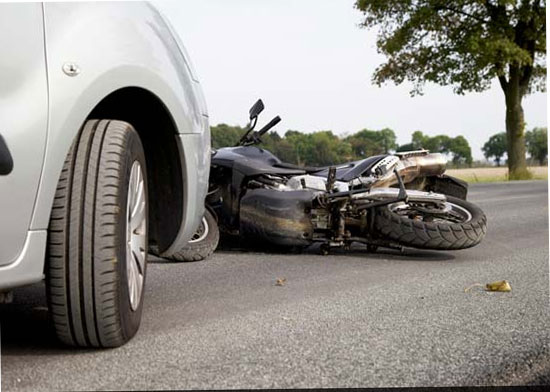
The people helping the road accidents victims on the spot can no longer be put through legal quagmire at the hospital or later by law enforcement authorities. The Ministry of Road Transport and Highways (MoRTH) on Thursday notified the rules for the protection of Good Samaritans. The rules provide for the rights of good samaritan which include that the the good samaritan be treated respectfully without any discrimination on the grounds of religion, nationality, caste or sex.
No police officer or any other person shall compel a Good Samaritan to disclose his/her name, identity, address or any such other personal details. However, he may voluntarily choose to disclose the same.
The rules also provide that every public and private hospital shall publish a charter in Hindi, English and vernacular language, at the entrance or other conspicuous location, and on their website, stating the
rights of Good Samaritans.
rights of Good Samaritans.
If a person has voluntarily agreed to become a witness in the case in which he has acted as a Good Samaritan, he shall be examined in accordance with the provisions of the new law.
The Motor Vehicles (Amendment) Act, 2019, inserted a new section 134A, named "Protection of good Samaritans" which provides that a Good Samaritan shall not be liable for any civil or criminal action for any injury to or death of the victim of an accident.
A “Good Samaritan" means a person, who in good faith, voluntarily and without expectation of any reward or compensation renders emergency medical or non-medical care or assistance at the scene of an accident to the victim or transports such victim to the hospital.
India witnesses around 1.5 lakh deaths due to road accidents which is highest in the world.
No Comments For This Post, Be first to write a Comment.
Most viewed from National
Most viewed from World
AIMIM News
Delhi Assembly polls: Owaisi leads Padyatra in Okhla
Feb 01, 2025
We reject this Waqf Amendment Bill: Asaduddin Owaisi
Jan 30, 2025
Latest Urdu News
Most Viewed
May 26, 2020
Which team will win the ICC Men's Champions Trophy 2025 held in Pakistan/Dubai?
Latest Videos View All
Like Us
Home
About Us
Advertise With Us
All Polls
Epaper Archives
Privacy Policy
Contact Us
Download Etemaad App
© 2025 Etemaad Daily News, All Rights Reserved.


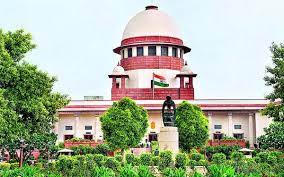
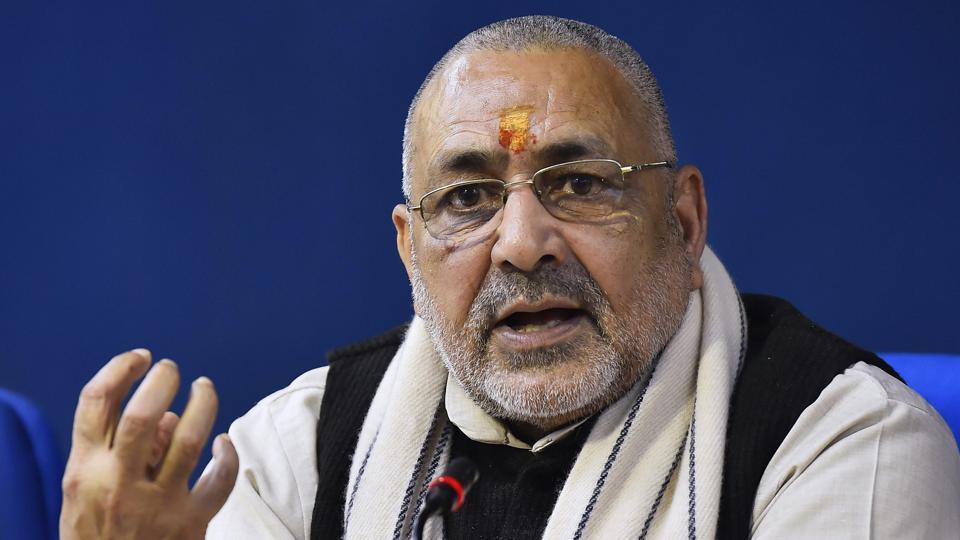
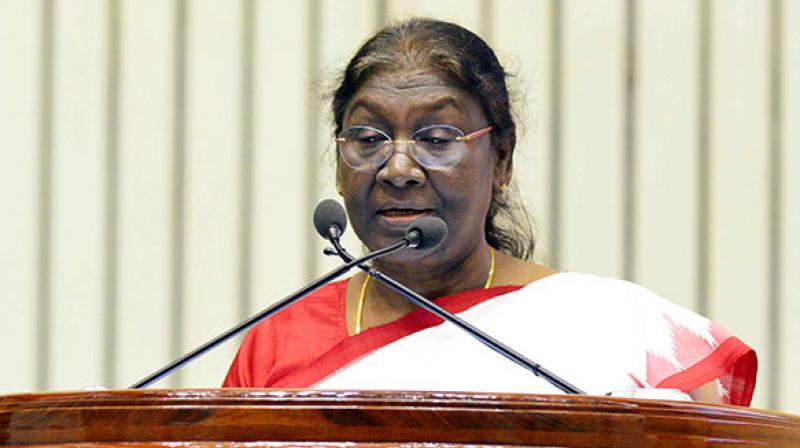
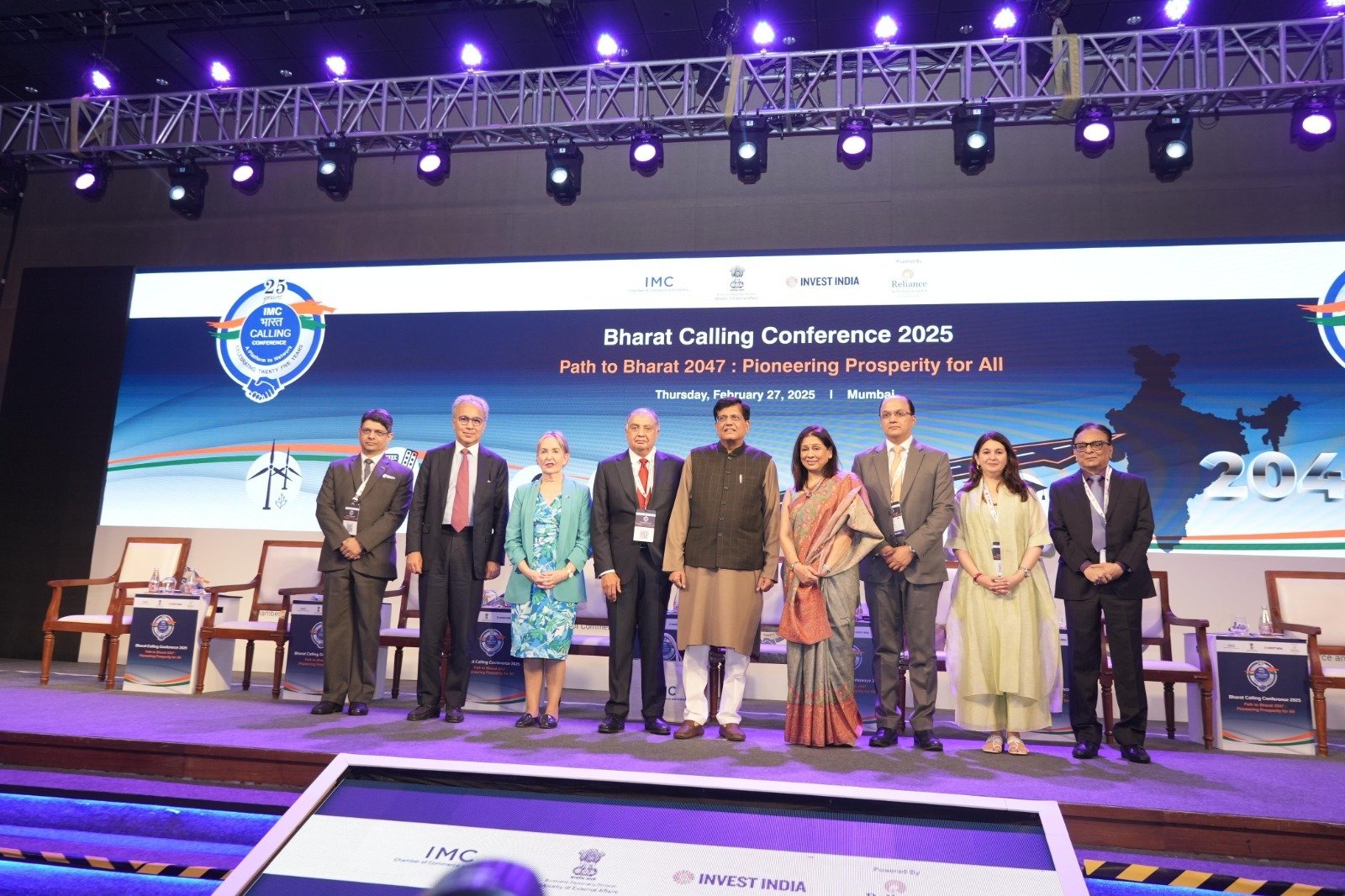
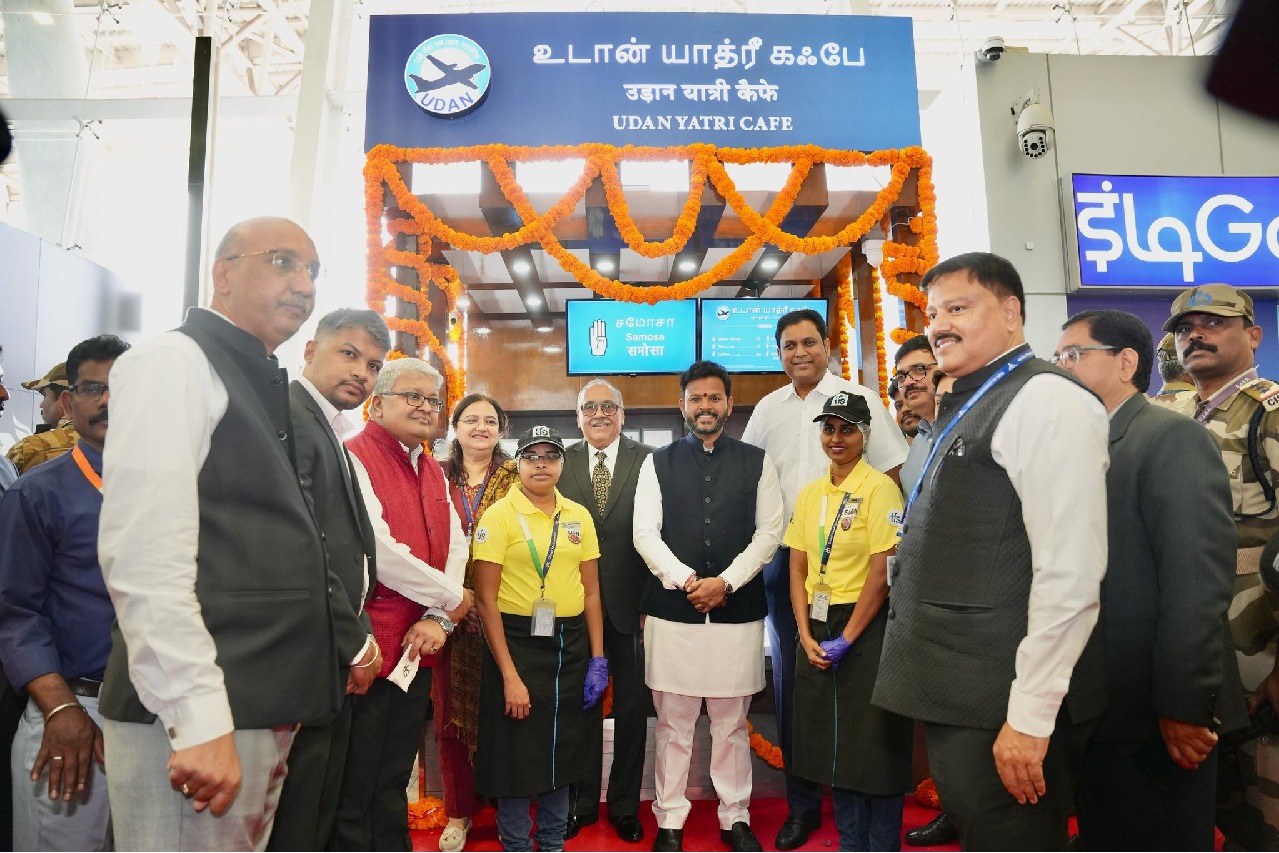
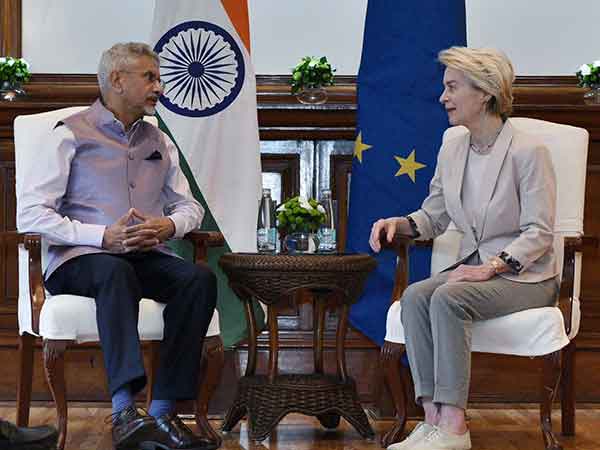
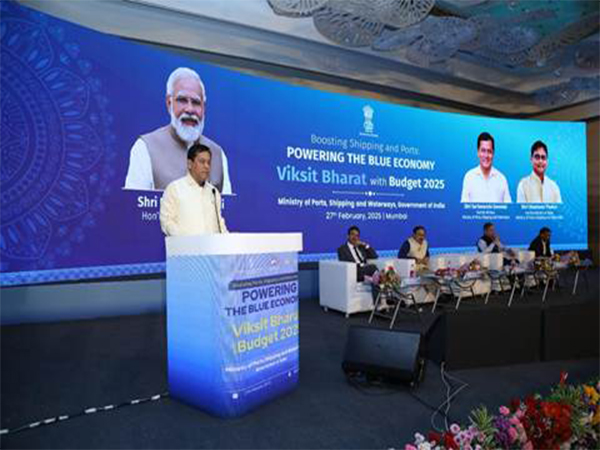
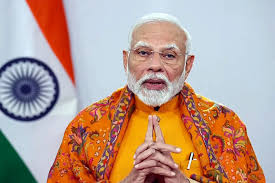
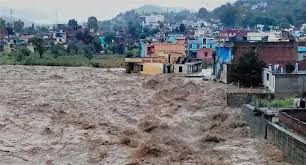
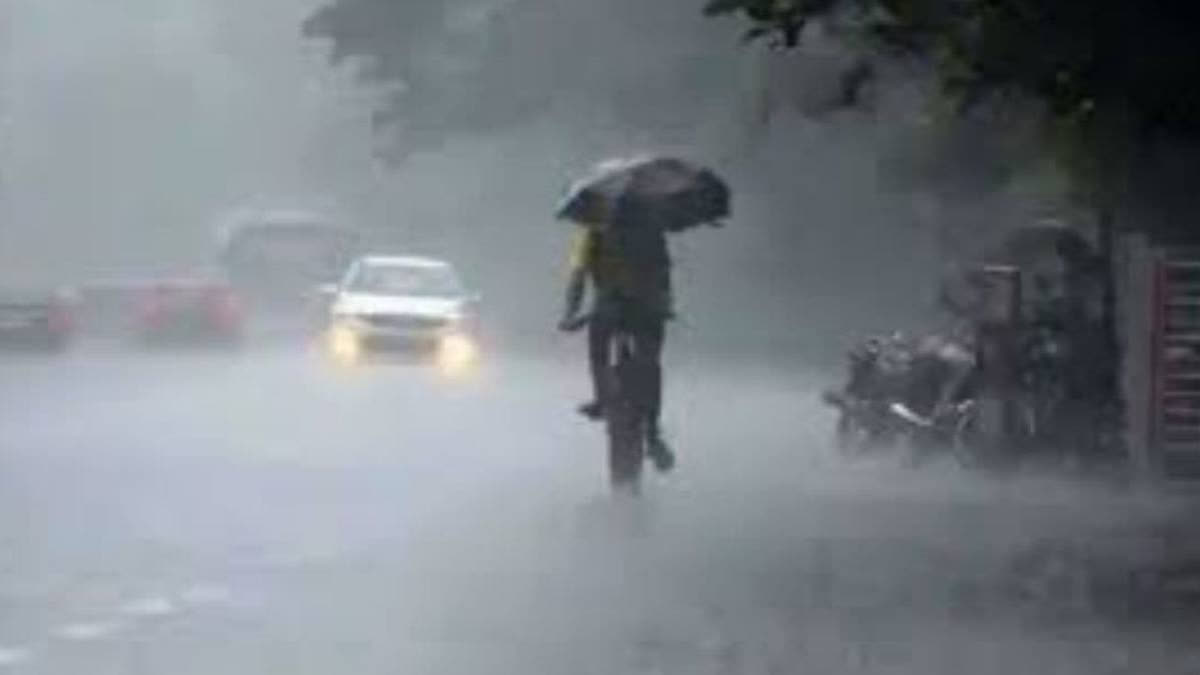


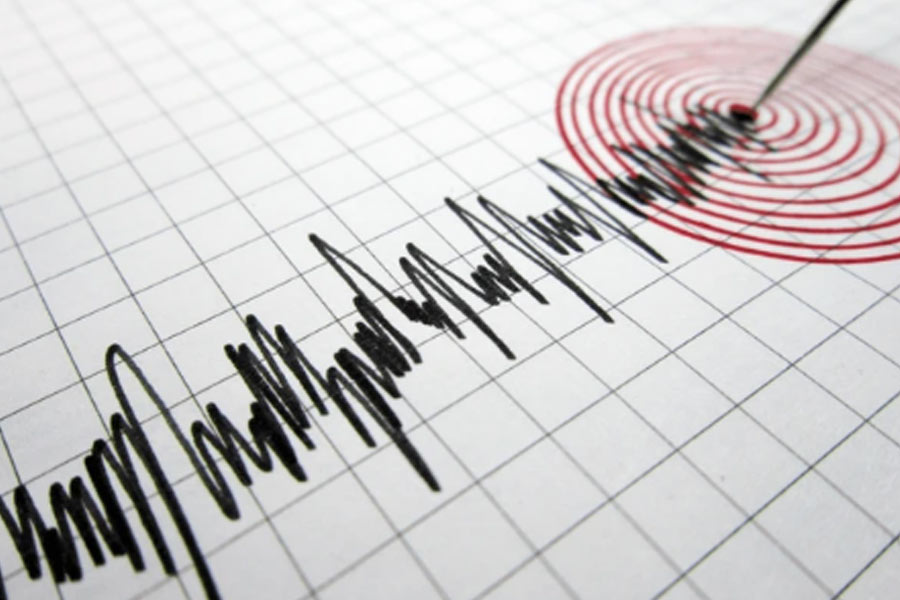


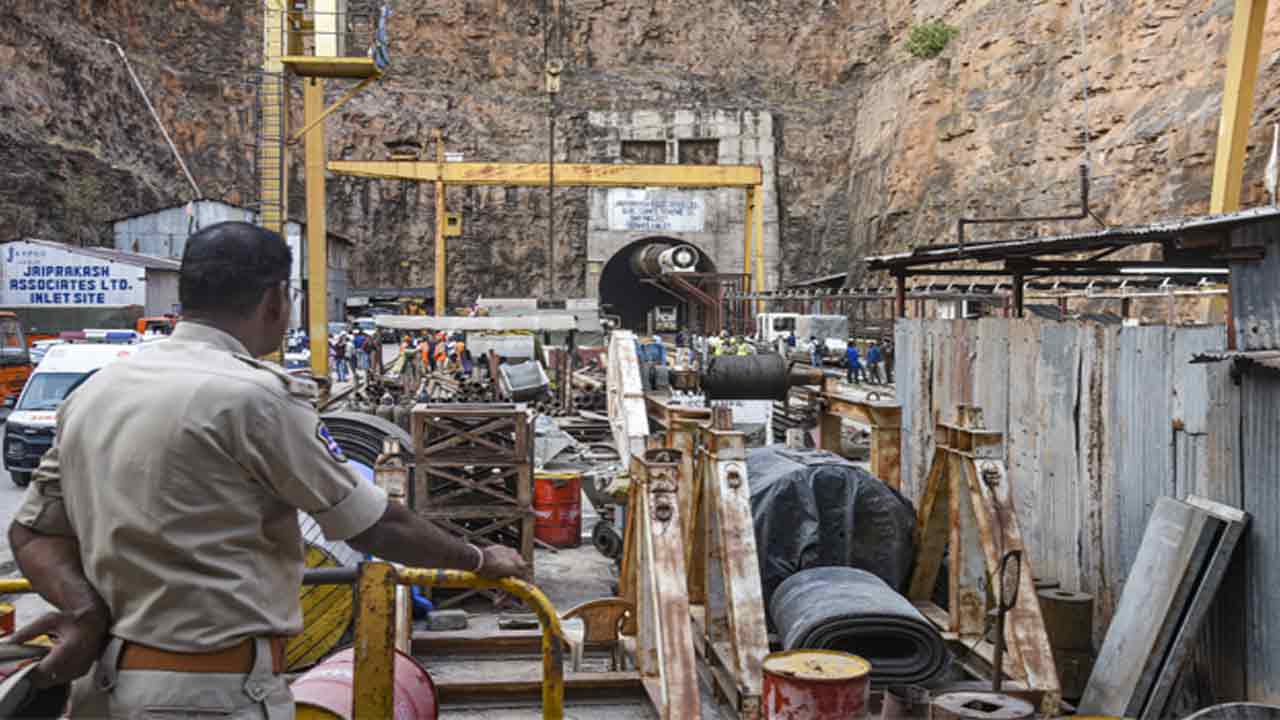

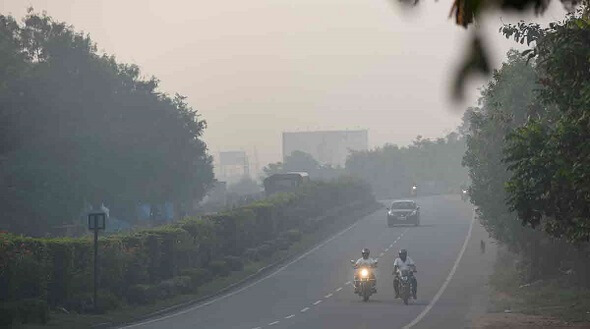
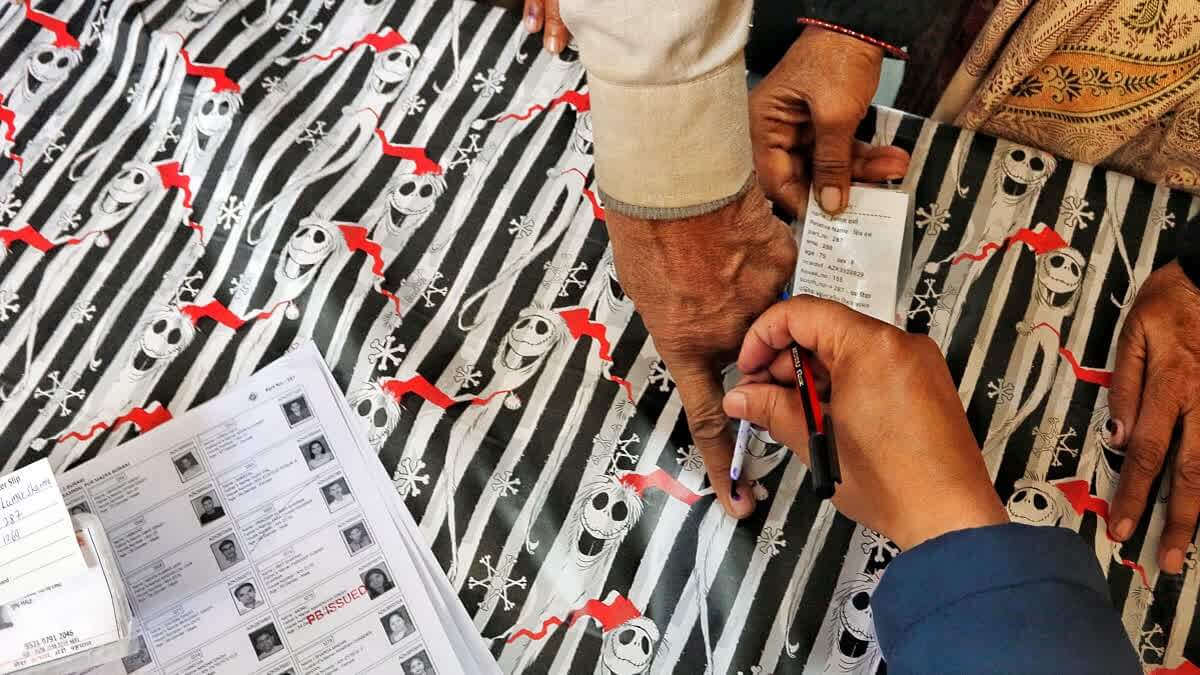

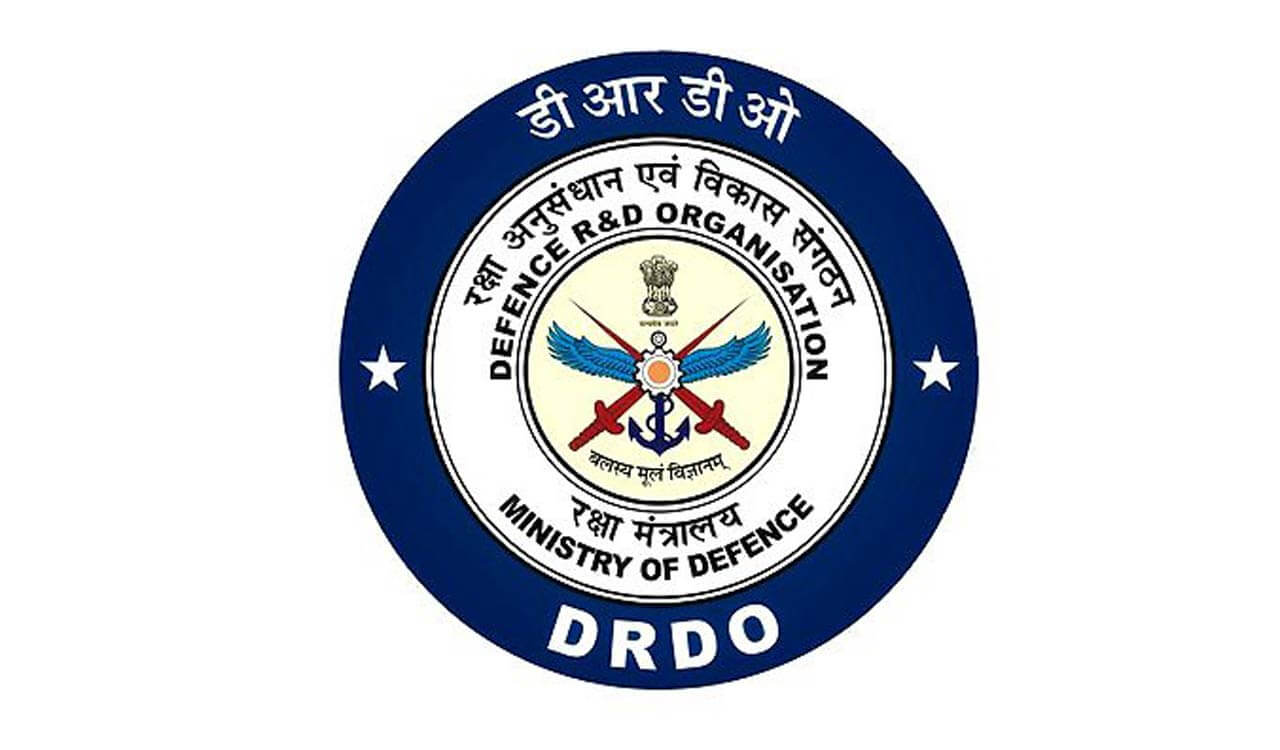
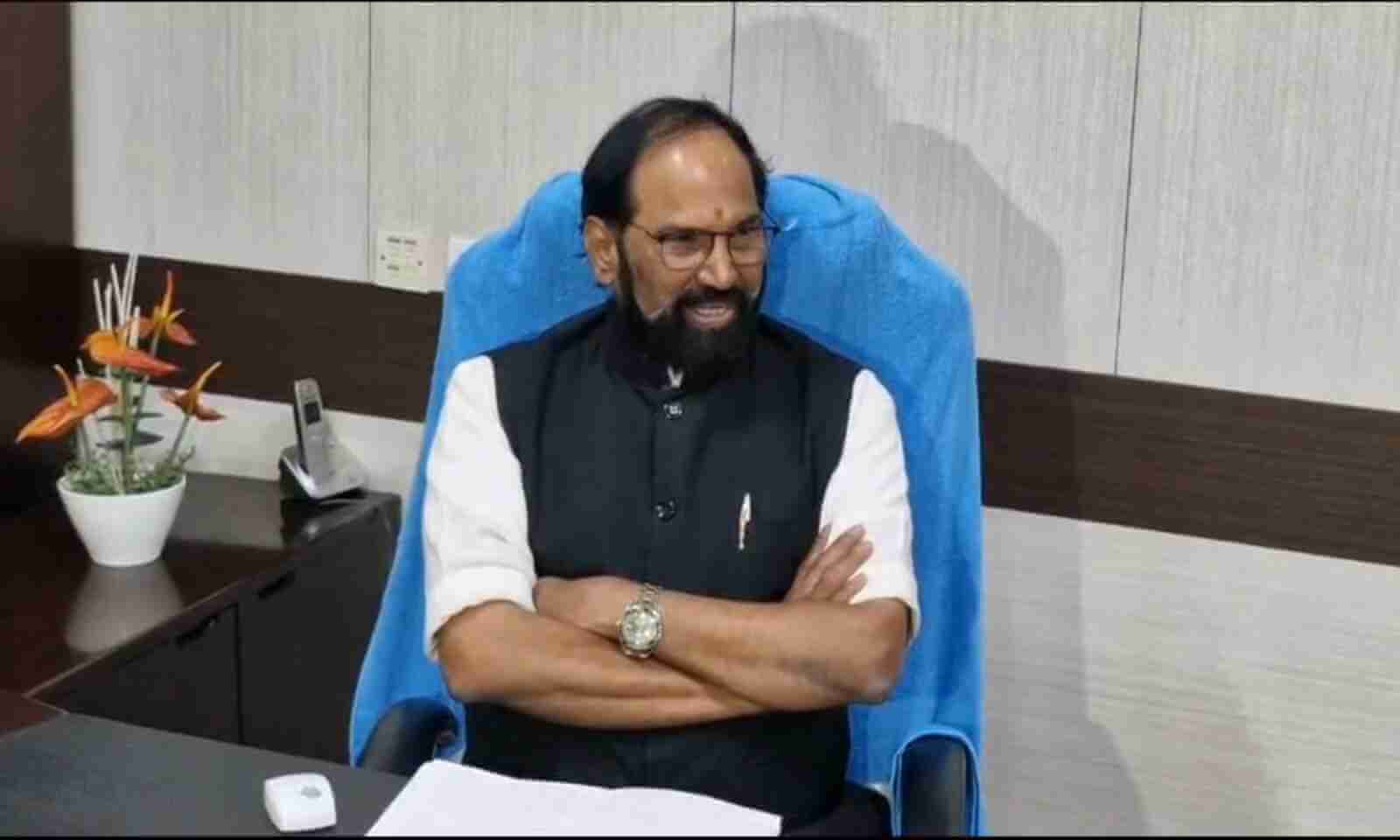
.jpg)

















